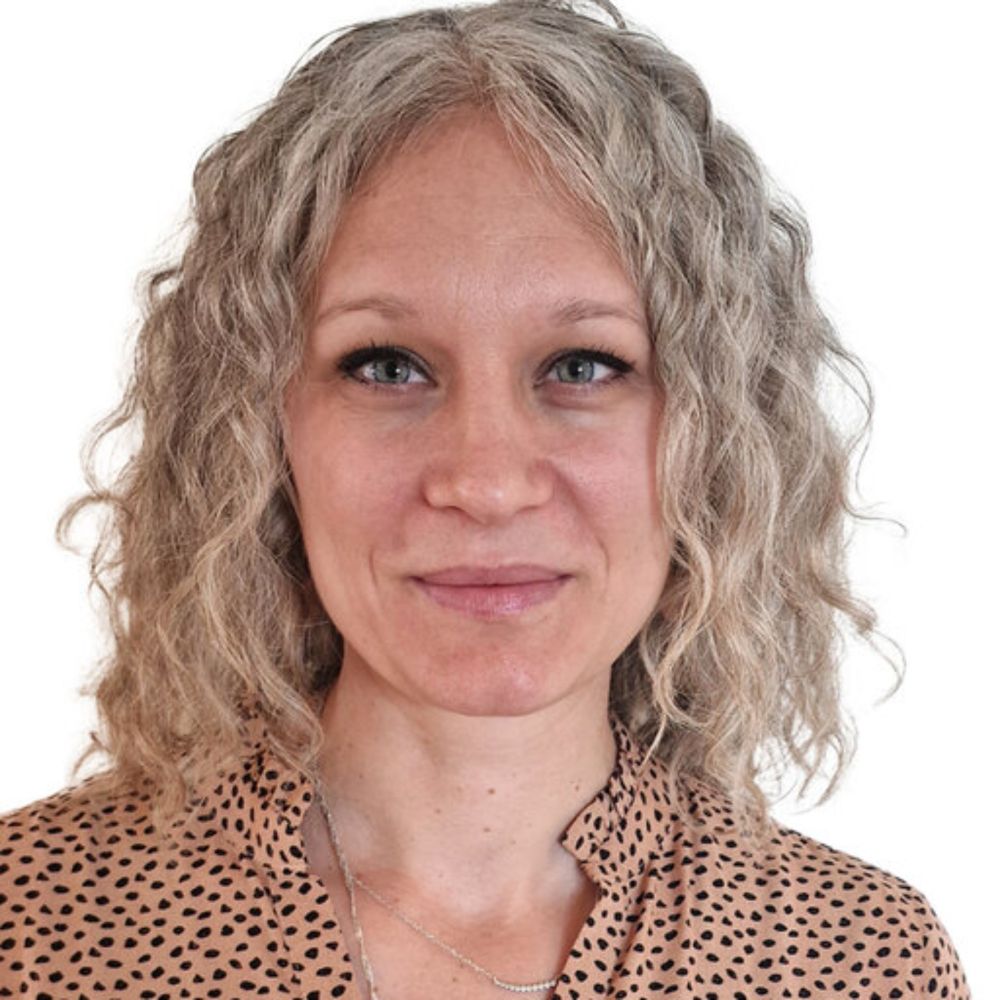

Article & SI fully written in #rmarkdown. All data, experiment code, & analyses available on OSF osf.io/zemwn/ #reproducibility

Article & SI fully written in #rmarkdown. All data, experiment code, & analyses available on OSF osf.io/zemwn/ #reproducibility




